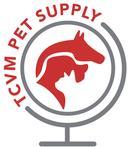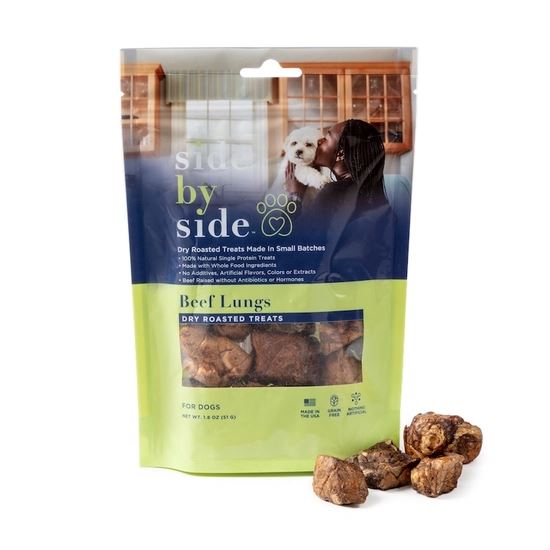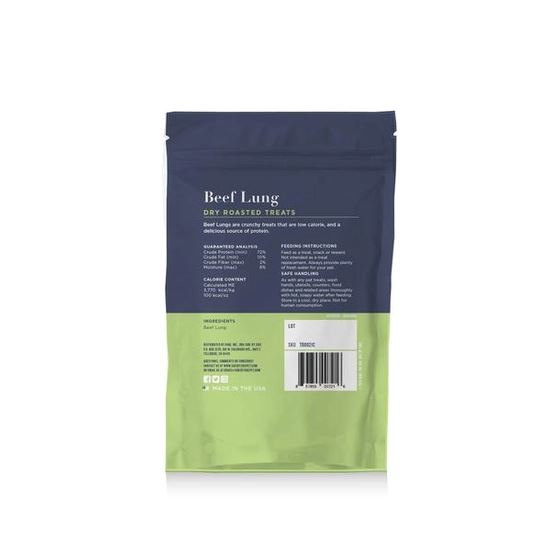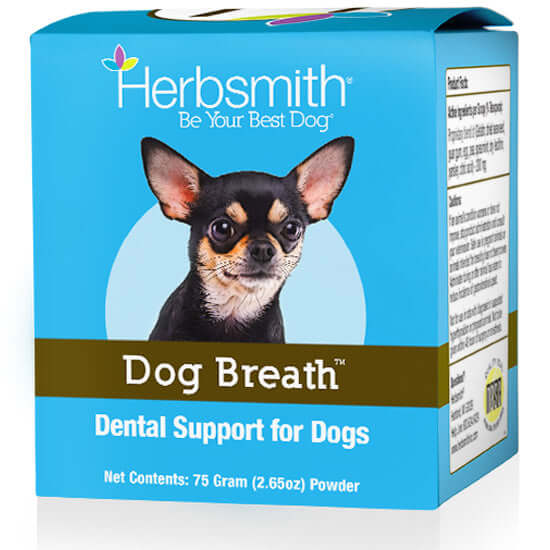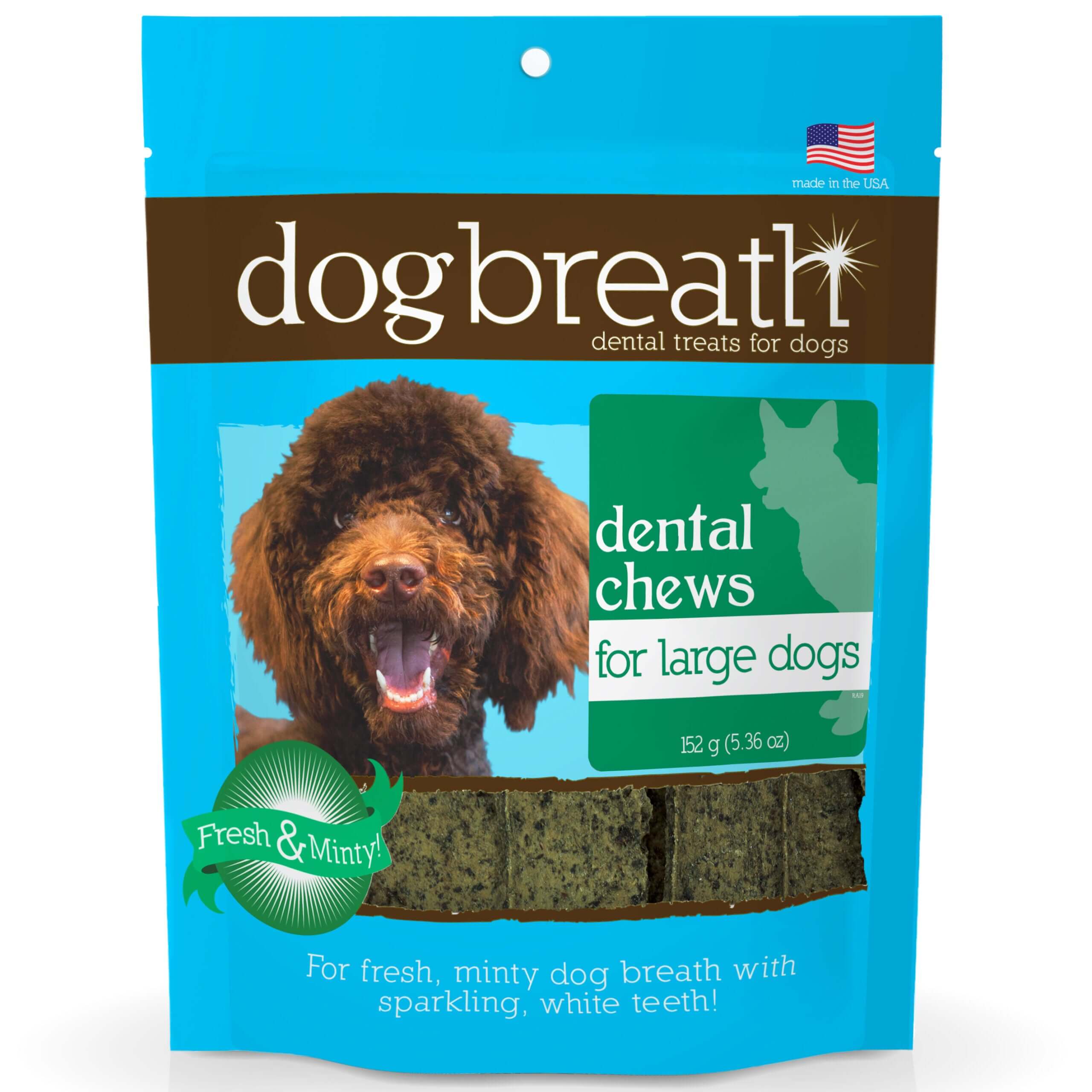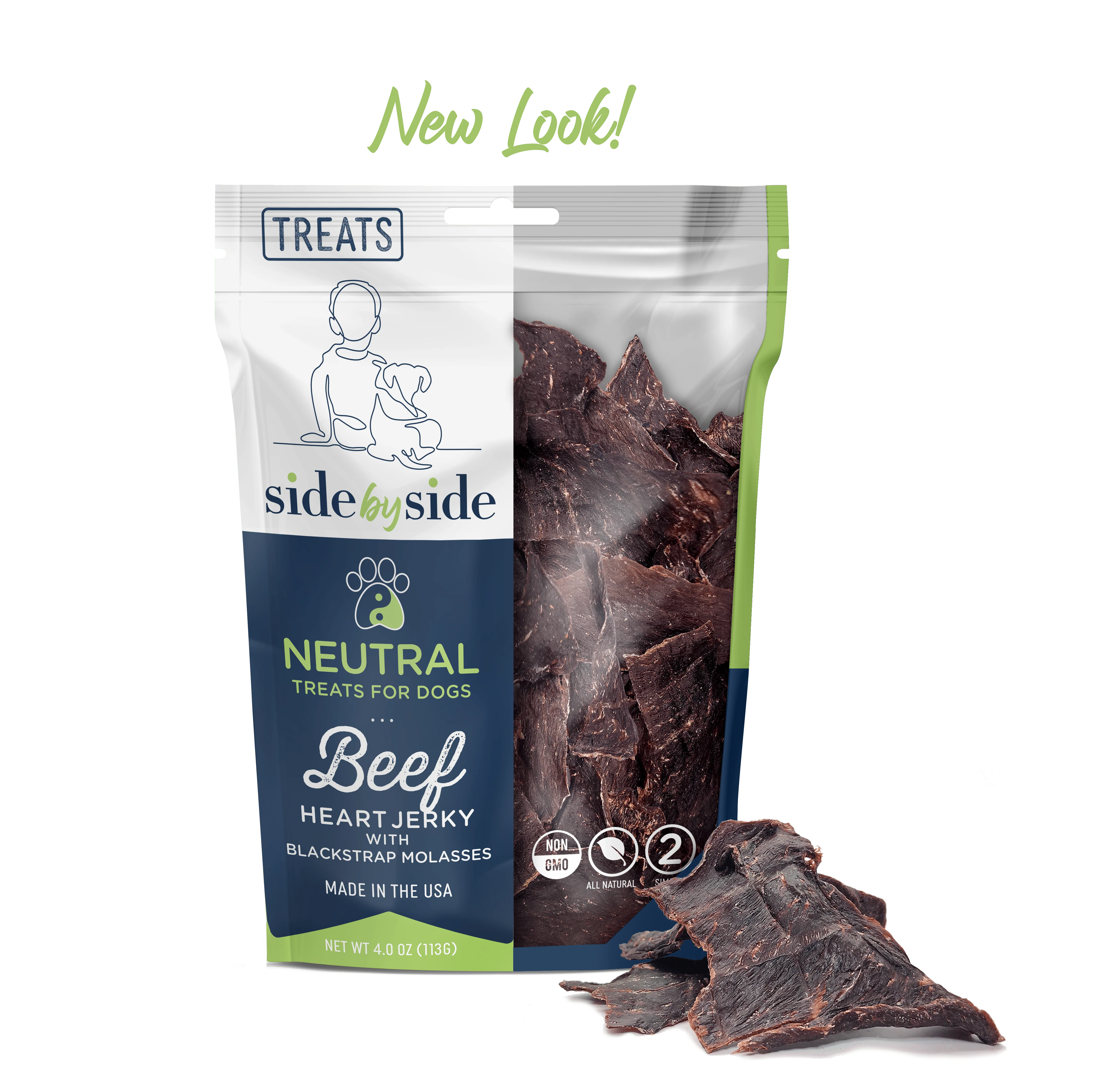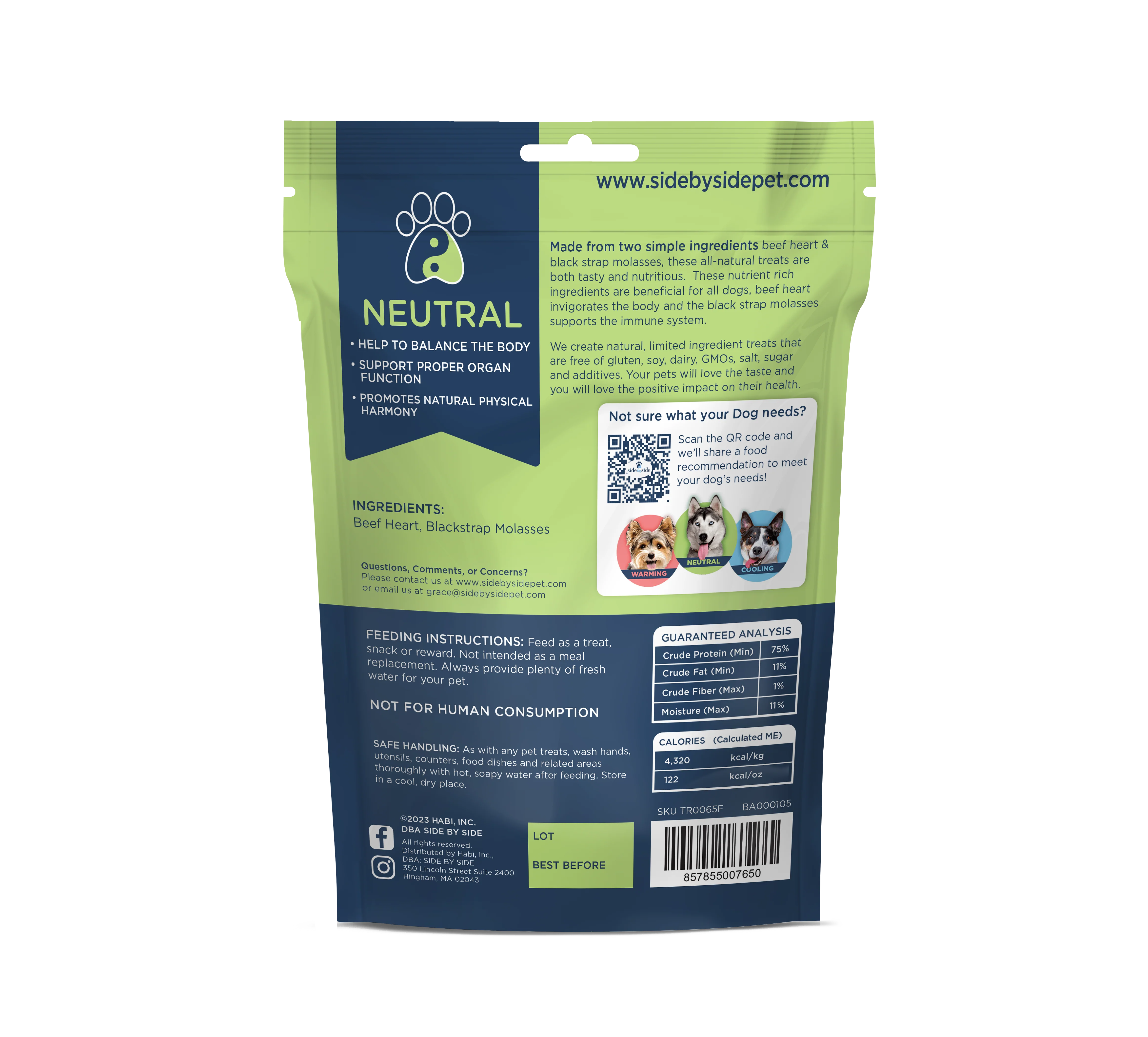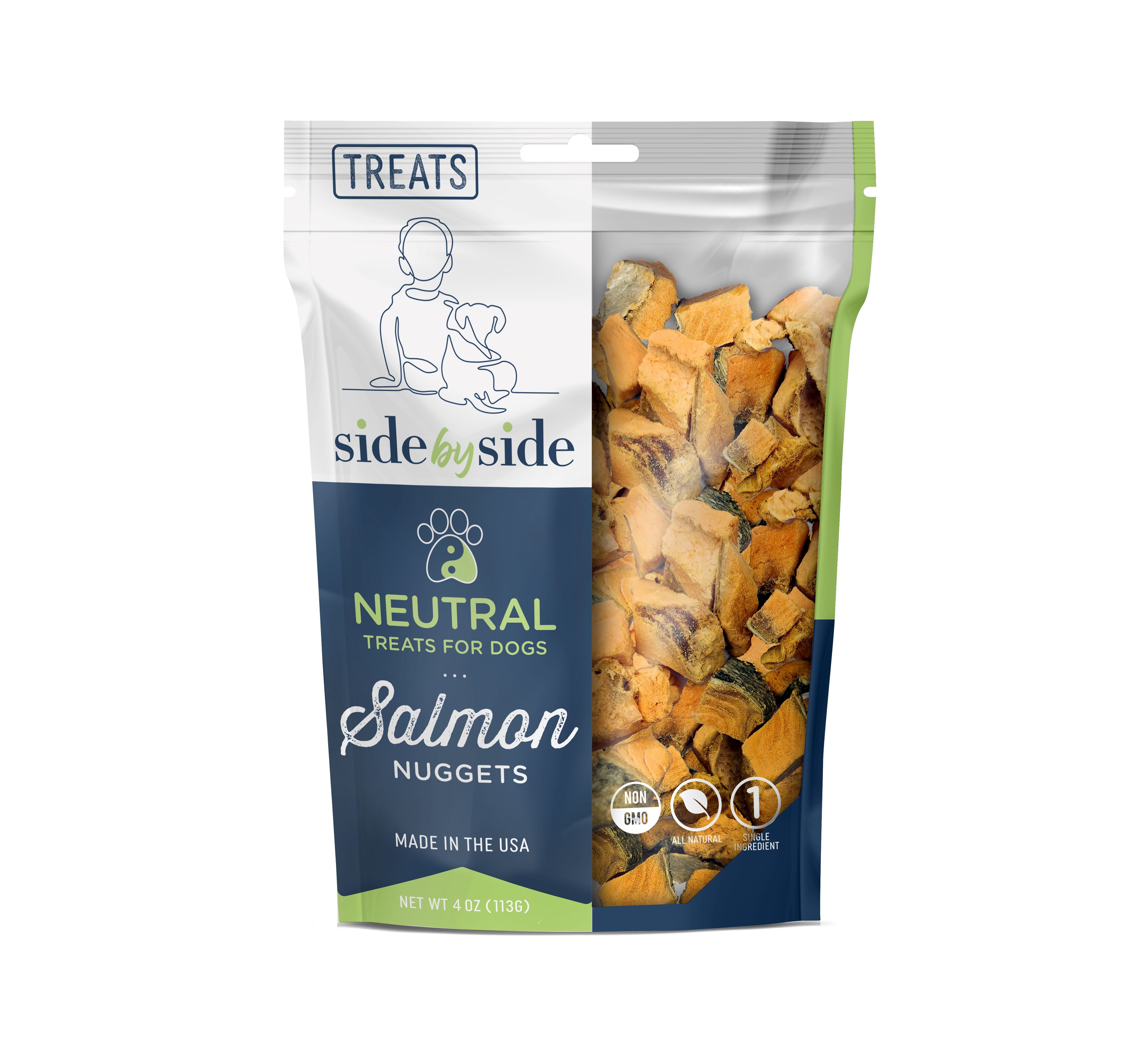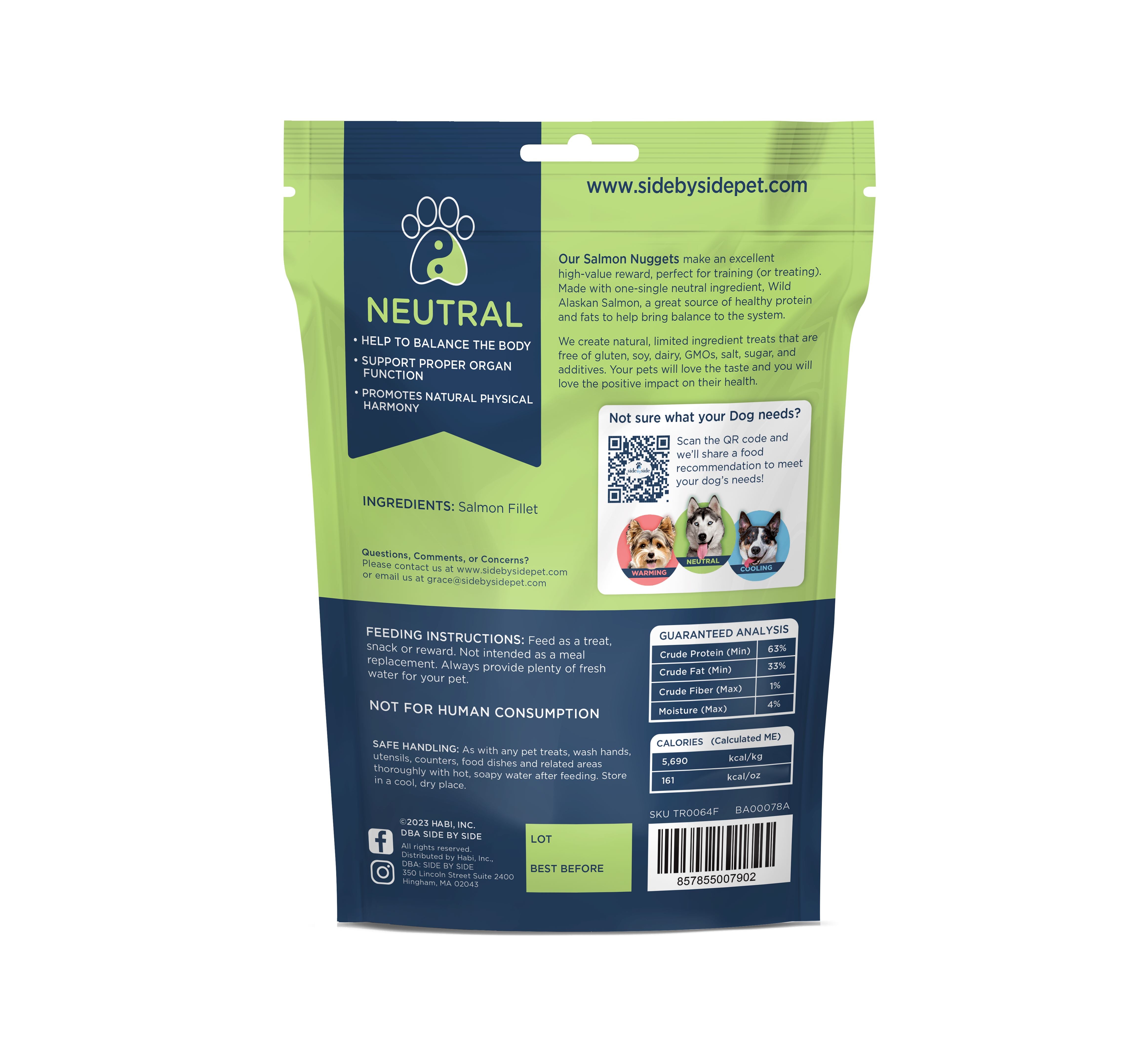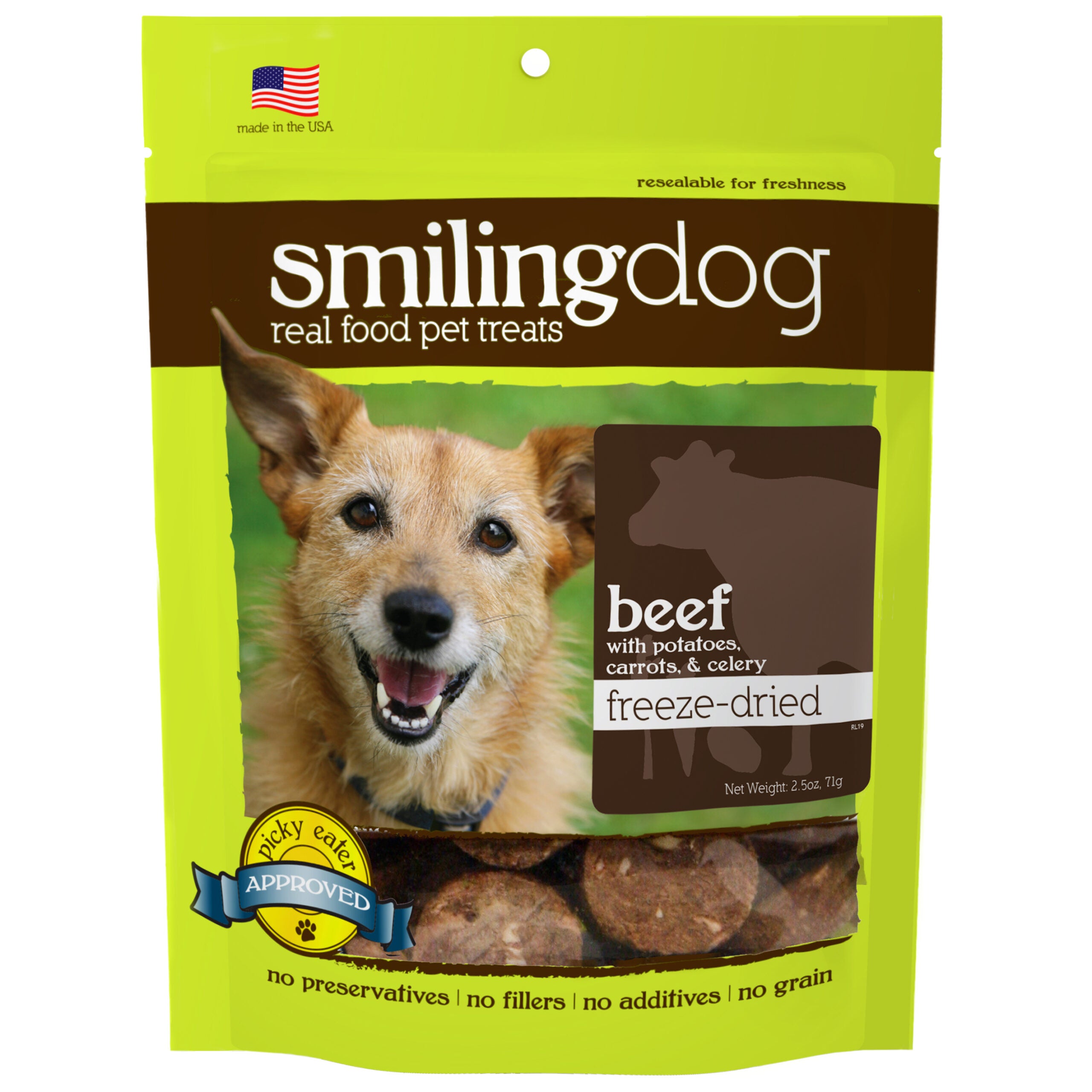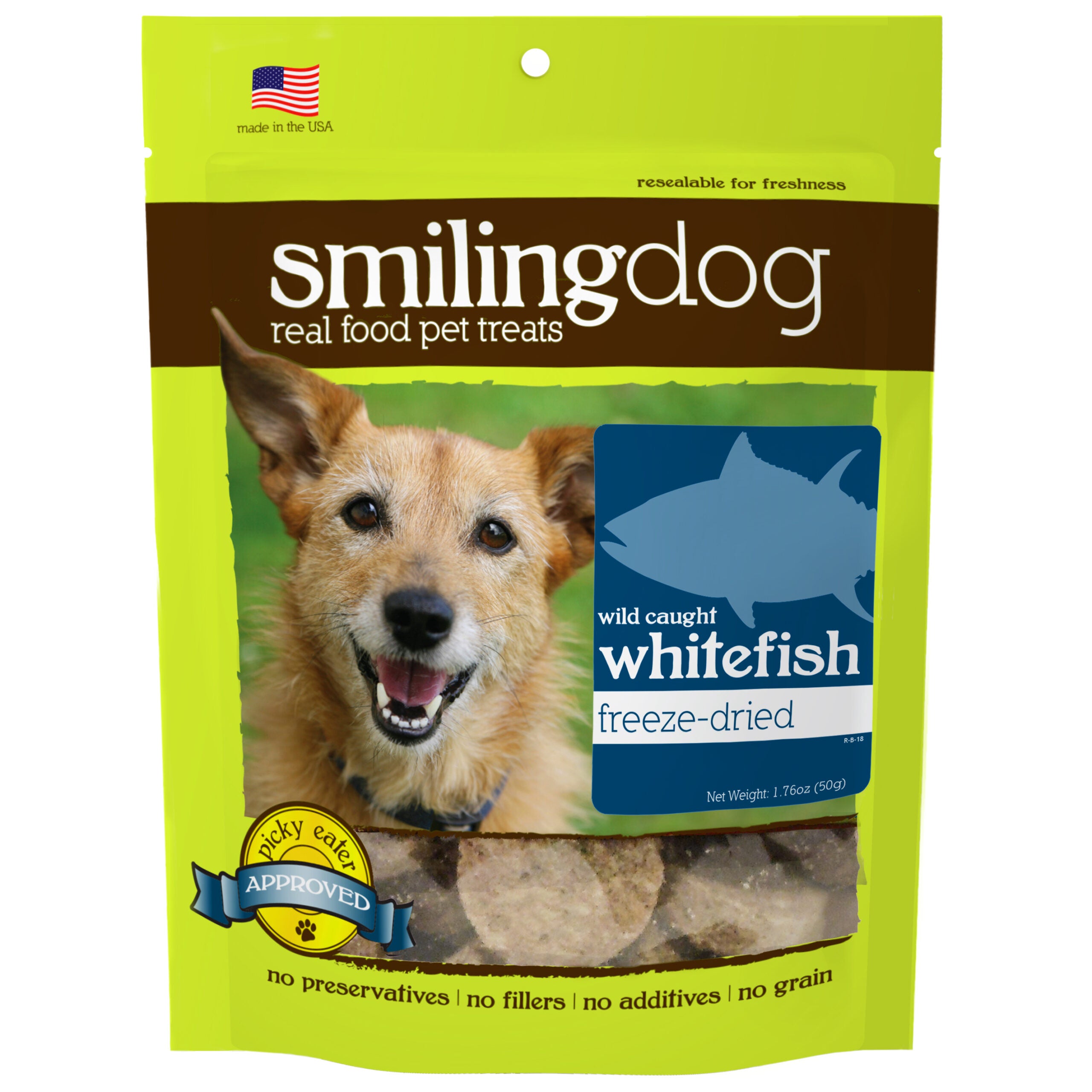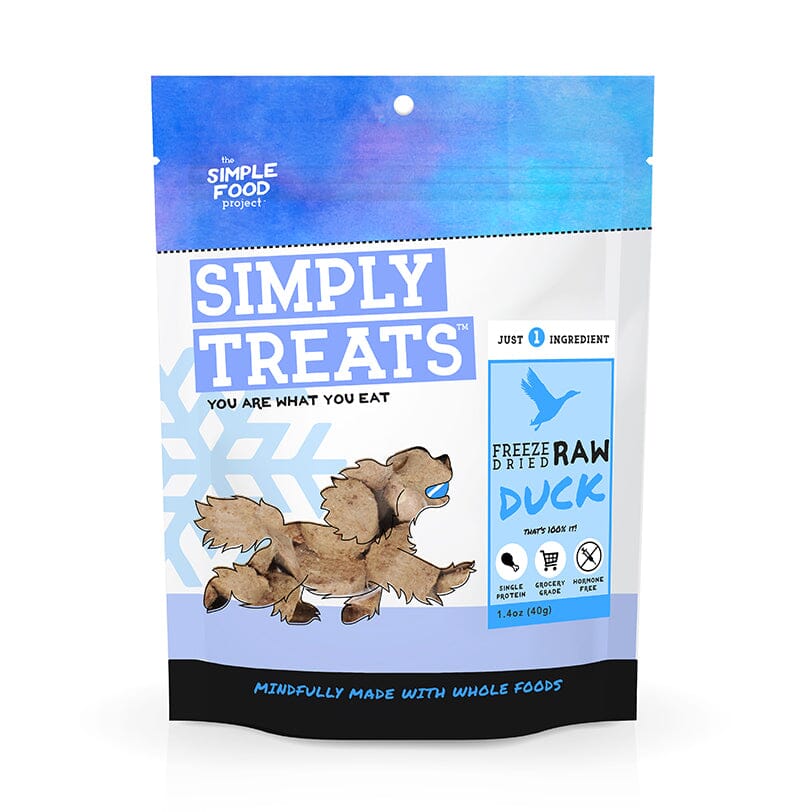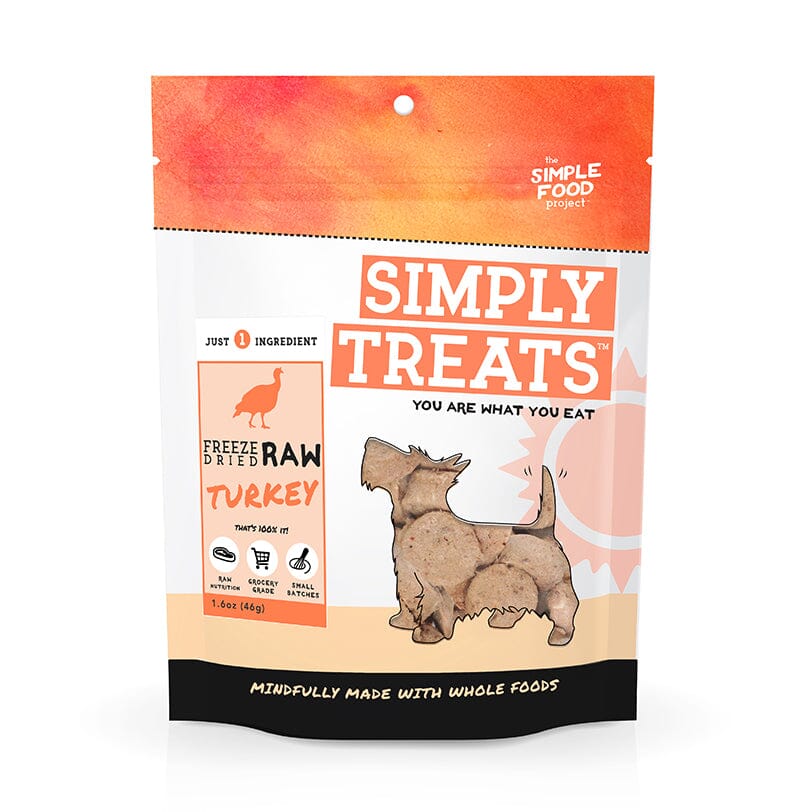
How Digestive Enzymes and Probiotics Help Pet Allergies

Pet allergies are becoming increasingly common, leading to discomfort for our pets and concerns for pet parents. Symptoms like itching, skin irritations, and digestive issues are often signs of underlying allergies.
Traditional pet allergy treatments usually focus on alleviating symptoms. However, evidence suggests addressing gut health can offer significant relief. In addition, using digestive enzymes and probiotics may even prevent allergies in pets.
Understanding Pet Allergies
Pet allergies are immune system reactions to substances that are usually harmless. Examples of allergens include pollen, dust mites, certain foods, or even flea saliva. When a pet’s immune system encounters an allergen, it can overreact, leading to symptoms like itching, redness, and gastrointestinal problems.
Most standard treatments for pet allergies involve antihistamines, steroids, or specialized diets. Standard treatments help manage symptoms, but don't address the root cause. In contrast, digestive enzymes and probiotics target underlying digestive issues that may contribute to the allergy.
The Role of Digestive Enzymes
Digestive enzymes are proteins that help break down food into smaller, absorbable nutrients. In pets with allergies, the digestive system often doesn't function optimally. Digestive weakness can lead to partially digested food particles entering the bloodstream. The dog's immune system then mistakenly identifies the particles as threats, triggering an allergic reaction.
By supplementing with digestive enzymes, you can improve your pet’s digestion, ensuring that food is fully broken down and absorbed. This reduces the likelihood of undigested particles causing an immune response and subsequent allergic reactions. Moreover, better digestion means more efficient nutrient absorption, which can support overall health and strengthen your pet's immune system.
The Power of Probiotics
Probiotics are beneficial bacteria that live in your pet's gut. They play a crucial role in maintaining a healthy digestive system. A balanced gut microbiome is essential for a robust immune system, as it helps regulate immune responses and reduces inflammation.
In pets with allergies, the gut microbiome is often imbalanced, which can exacerbate allergic reactions. Introducing probiotics can help restore balance, reducing inflammation and calming the immune system. Probiotics also enhance the gut’s barrier function, preventing harmful substances from entering the bloodstream and triggering allergies.
How Digestive Enzymes and Probiotics Work Together
Digestive enzymes and probiotics each offer individual benefits. They work synergistically to improve gut health and reduce allergy symptoms. Digestive enzymes help your dog properly break down food. Probiotics maintain a balanced gut environment, promoting overall health.
The combination of both reduces the likelihood of allergic reactions. Incorporating both into your pet’s diet addresses the root causes of allergies, not just the symptoms. Over time, this holistic approach can lead to a stronger immune system, fewer allergic reactions, and a happier, healthier pet.
Incorporating Digestive Enzymes and Probiotics into Your Pet’s Diet

If you’re considering adding digestive enzymes and probiotics to your pet’s diet, choose high-quality supplements. Ensure they are specifically formulated for pets.
Additionally, consider feeding your pet a balanced, species-appropriate diet that supports gut health. This might include high-quality, limited-ingredient foods that minimize exposure to potential allergens and support overall digestive health.
Allergies can be frustrating and uncomfortable for pets. Addressing root causes within the digestive system helps reduce symptoms. Which, in turn, can improve your pet’s quality of life. Digestive enzymes and probiotics offer a natural, holistic approach to managing pet allergies. They promote better digestion, a balanced gut, and a stronger immune system. With the right care and attention to gut health, you can help your pet lead a happier, itch-free life.
PET | TAO Harmonize GI Digestive Enzymes and Probiotics

Our veterinarians recommend PET | TAO Harmonize GI for pets. It offers vital support for managing pet allergies through improved digestive and gastrointestinal health.
Harmonize GI, a unique blend of enzymes, prebiotics, and probiotics, including Bacillus subtilis PB6, enhances nutrient breakdown and absorption. It also promotes balanced gut flora. By supporting a healthy digestive system, this supplement helps reduce inflammation. It also supports the immune system, crucial for managing allergic reactions.
Harmonize GI's unique blend of enzymes, prebiotics, and probiotics, including Bacillus subtilis PB6, enhances nutrient breakdown and absorption. It promotes balanced gut flora. Supporting a healthy digestive system, it helps reduce inflammation. It also supports the immune system, crucial for managing allergic reactions.
As an added bonus, Harmonize GI is pleasantly flavored, and most dogs and cats enjoy the taste.
Harmonize GI Ingredients and How They Help Pet Allergies

The ingredients in Harmonize GI collectively support a balanced digestive system and immune health. They are crucial for managing and reducing allergic reactions in pets. Below we will discuss the main ingredients and how they help pets suffering from allergies.
Brewer's Dried Yeast
Brewer's yeast is a powerful ally in managing pet allergies. It is rich in B vitamins, antioxidants, and beta-glucans, which support immune health and promote healthy skin. By strengthening the skin barrier and enhancing immune response, brewer's yeast helps reduce the severity of allergic reactions. This is especially effective for skin issues like itching and redness.
Additionally, its antioxidant properties help combat inflammation, further soothing allergy symptoms. Brewer's yeast contributes essential minerals like zinc and selenium, which are vital for skin health and immune function. This makes it an effective ingredient for managing pet allergies.
Dried Potato Product
Dried potato product is an excellent hypoallergenic carbohydrate source, providing pets with essential energy while minimizing allergy risks. Unlike grains, which often trigger food sensitivities, dried potato is gentle on the digestive system. This makes it ideal for pets prone to allergies. Beyond its hypoallergenic properties, dried potato enhances flavor and texture, making the product more palatable for pets. Dried potato supports sustained energy levels and contributes to a balanced, appealing diet. It helps ensure pets enjoy their meals without the worry of allergic reactions.
Flaxseed
Flaxseed is a powerful ingredient for managing pet allergies due to its high content of omega-3 fatty acids, especially alpha-linolenic acid (ALA). These essential fatty acids reduce inflammation, often a key factor in allergic reactions. By modulating the inflammatory response, flaxseed may help with common allergy symptoms like itching, redness, and skin irritation, providing relief for pets. Additionally, flaxseed supports the health and integrity of the skin barrier, which is the first line of defense against environmental allergens.
A stronger skin barrier reduces the likelihood of allergens penetrating the skin and causing reactions. The fatty acids in flaxseed also promote a shiny, healthy coat, which can be especially beneficial for pets with allergies that cause dry, flaky skin or hair loss.
Moreover, flaxseed is a rich source of lignans, compounds with antioxidant properties that help neutralize free radicals in the body. This antioxidant effect further supports the immune system. It helps manage allergic responses and prevent oxidative stress. Oxidative stress can exacerbate allergy symptoms.
Lecithin
Lecithin is a crucial nutrient that maintains healthy cell membranes. It also supports the integrity of the skin barrier. Both are vital for managing pet allergies. As a phospholipid, lecithin strengthens cell membranes, ensuring they function properly and maintain their structure. This is particularly important for skin cells, as a healthy skin barrier helps prevent allergens from penetrating and triggering allergic reactions. By reinforcing the skin's protective shield, lecithin reduces the likelihood of irritants causing inflammation, itching, or other allergic symptoms.
Lecithin protects the skin and aids in proper fat absorption. It also helps with the utilization of fat-soluble vitamins. Both functions are vital for maintaining skin health and moisture. A well-moisturized, resilient skin surface is less susceptible to cracking, which can allow allergens to enter more easily. Lecithin supports overall cellular health. It enhances the immune system's ability to respond appropriately to allergens. The additional support can potentially reduce the severity of allergic reactions. This makes lecithin a valuable ingredient for promoting overall skin and immune health in pets with allergies.
Calcium Sulfate
Calcium sulfate is an important mineral that maintains the structure and health of skin and hair in pets. It is particularly beneficial for those dealing with skin-related allergies. This mineral strengthens the skin's structural integrity, ensuring resilience against external irritants and allergens. A strong skin barrier protects against allergens that can cause itching, redness, and inflammation. By supporting skin health, calcium sulfate reduces the severity of these symptoms and promotes overall skin wellness in pets prone to allergies.
In addition to skin health, calcium sulfate strengthens a pet’s hair or coat. A healthy coat indicates good overall health and serves as extra protection against environmental allergens. Pets with strong, well-nourished coats are less likely to experience hair loss or brittleness. This protection prevents the skin from becoming more exposed and vulnerable to allergens. By maintaining both skin and hair health, calcium sulfate helps pets manage and mitigate the effects of skin-related allergies, keeping them comfortable and protected.
Dried Aspergillus oryzae Fermentation Product (Alpha-Amylase)
Alpha-amylase assists in breaking down starch, reducing the likelihood of undigested food particles triggering an immune response.
Dried Aspergillus niger Fermentation Solubles (Lipase)
Dried Aspergillus oryzae fermentation product, which provides the enzyme alpha-amylase, plays a crucial role in managing pet allergies by assisting in the breakdown of starches during digestion. Alpha-amylase breaks down complex carbohydrates into simpler sugars, ensuring that starches are fully digested before they reach the intestines. This process reduces the likelihood of undigested food particles lingering in the digestive tract, which can otherwise trigger an immune response in pets. When the body encounters undigested starches, it may mistake them for harmful substances, leading to inflammation and allergic reactions. By promoting thorough digestion, alpha-amylase helps to prevent this immune activation, thereby reducing the risk of food-related allergies.
Additionally, improving the digestive process with alpha-amylase contributes to overall gut health, which is directly linked to the immune system’s functioning. A healthy digestive system ensures that nutrients are properly absorbed, and that the gut barrier remains intact, preventing unwanted particles from entering the bloodstream. This is particularly important for pets with sensitivities or allergies, as a strong and well-functioning digestive system is less likely to provoke allergic responses.
Dried Trichoderma longibrachiatum Fermentation Product (Cellulase)
Dried Trichoderma longibrachiatum fermentation product, which provides the enzyme cellulase, is instrumental in helping manage pet allergies by improving the digestion of plant materials. Cellulase specifically breaks down cellulose, a complex carbohydrate found in the cell walls of plants. Since pets, particularly dogs and cats, lack sufficient natural cellulase to digest plant fibers efficiently, the inclusion of this enzyme in their diet helps to break down these fibers into simpler, more digestible components. This process ensures that plant-based foods are more thoroughly digested, reducing the likelihood of undigested plant material lingering in the gastrointestinal tract.
The breakdown of plant material by cellulase not only aids in digestion but also helps to reduce gastrointestinal stress, which can be a significant factor in exacerbating allergies. When the digestive system is under strain from poorly digested food, it can lead to inflammation and a compromised gut barrier. This can increase the risk of allergens crossing into the bloodstream, triggering immune responses and allergic reactions. By promoting better digestion and reducing gastrointestinal stress, cellulase helps maintain a healthy digestive environment, which is crucial for minimizing the occurrence and severity of food-related allergies in pets. This enzyme plays a vital role in supporting overall digestive health, thereby contributing to a more balanced immune response and helping to manage and prevent allergy flare-ups in sensitive pets.
Fructooligosaccharides (Prebiotic)
Papaya, which contains the enzyme protease, plays a vital role in managing pet allergies by enhancing the digestion of proteins. Proteins are essential nutrients, but when they are not fully digested, they can become a source of irritation for the immune system. Undigested proteins, or large protein fragments, can pass through the gut lining and enter the bloodstream, where they may be recognized as foreign invaders by the immune system.
This can trigger an immune response, leading to inflammation and allergic reactions. By breaking down proteins into smaller, more manageable peptides and amino acids, protease helps to ensure that proteins are thoroughly digested before they reach the intestines, thereby reducing the risk of an immune response.
In addition to aiding digestion, protease from papaya also supports overall gut health, which is crucial for managing allergies. Proper protein digestion reduces the strain on the digestive system, minimizing the likelihood of gastrointestinal upset, which can exacerbate allergic conditions. When the digestive system is functioning optimally, the gut barrier remains intact, preventing unwanted particles, including undigested proteins, from crossing into the bloodstream.
This helps to maintain a balanced immune response and reduces the chances of allergic flare-ups. By incorporating papaya-derived protease into a pet’s diet, the risk of food-related allergies is significantly lowered, leading to improved digestive health and a stronger immune system that is less likely to overreact to potential allergens.
Dried Bacillus coagulans Fermentation Product (Probiotic)
Dried Bacillus coagulans fermentation product, which provides beneficial probiotics, plays a crucial role in managing pet allergies by supporting digestive health and strengthening the immune system. Probiotics like Bacillus coagulans help maintain a healthy balance of gut bacteria, which is essential for overall digestive function.
A well-balanced gut microbiome aids in the proper digestion and absorption of nutrients, reducing the likelihood of undigested food particles triggering allergic responses. By promoting a healthy gut environment, Bacillus coagulans helps to prevent the gastrointestinal issues that can exacerbate allergies, such as inflammation or a leaky gut, where unwanted particles pass through the gut lining and provoke an immune response.
In addition to enhancing digestive health, Bacillus coagulans has a direct impact on the immune system, which is closely linked to the gut. A significant portion of the immune system is housed in the digestive tract, and a healthy gut microbiome plays a key role in regulating immune function. By promoting the growth of beneficial bacteria and suppressing harmful pathogens, Bacillus coagulans helps modulate the immune system, making it more effective at distinguishing between harmless substances and actual threats.
This modulation can reduce the severity and frequency of allergic reactions, as the immune system is less likely to overreact to potential allergens. As a result, incorporating Bacillus coagulans into a pet's diet through a supplement can be a powerful tool in managing allergies, leading to a healthier gut and a more balanced immune responseBacillus coagulans fermentation product supports digestive health and strengthens the immune system, helping manage allergic responses.
Dried PB6 Bacillus subtilis Fermentation Product (Probiotic)
Dried PB6 Bacillus subtilis fermentation product is a powerful probiotic that significantly contributes to managing pet allergies by promoting healthy gut flora and regulating the immune system. The gut microbiome plays a critical role in overall health, including the body’s response to allergens. Bacillus subtilis PB6 helps maintain a balanced population of beneficial bacteria in the digestive tract, which is essential for proper digestion and nutrient absorption.
A healthy gut flora prevents the overgrowth of harmful bacteria and reduces gastrointestinal issues like inflammation, which can trigger or worsen allergic reactions. By supporting digestive health, PB6 Bacillus subtilis creates an environment where allergens are less likely to cause disruption or provoke an immune response.
In addition to its benefits for gut health, PB6 Bacillus subtilis plays a crucial role in modulating the immune system, which is deeply connected to the digestive system. The immune system relies on signals from the gut microbiome to function correctly, and a balanced gut flora helps regulate these signals, ensuring that the immune system responds appropriately to potential threats.
When the immune system is well-regulated, it is less likely to overreact to harmless substances, which is a common issue in allergic reactions. By promoting a healthy immune response, PB6 Bacillus subtilis can reduce the severity and frequency of allergic reactions, helping pets to manage their allergies more effectively. This makes it a valuable ingredient in supplements aimed at improving both digestive and immune health, ultimately leading to better overall well-being for pets with allergies.
Sources:
- Digital, C. (2023, August 15). The connection between gut health & allergies. Northeast Digestive. https://northeastdigestive.com/blog/the-connection-between-gut-health-and-allergies/
- Koidl, L., Gentile, S. A., & Untersmayr, E. (2023). Allergen stability in Food Allergy: A Clinician’s Perspective. Current Allergy and Asthma Reports, 23(10), 601-612. https://www.ncbi.nlm.nih.gov/pmc/articles/PMC10506954/
- Samadi, N., Heiden, D., Klems, M., Salzmann, M., Rohrhofer, J., Weidmann, E., Koidl, L., Jensen-Jarolim, E., & Untersmayr, E. (2021). Gastric Enzyme Supplementation Inhibits Food Allergy in a BALB/c Mouse Model. Nutrients, 13(3), 738. https://www.ncbi.nlm.nih.gov/pmc/articles/PMC7996948/

